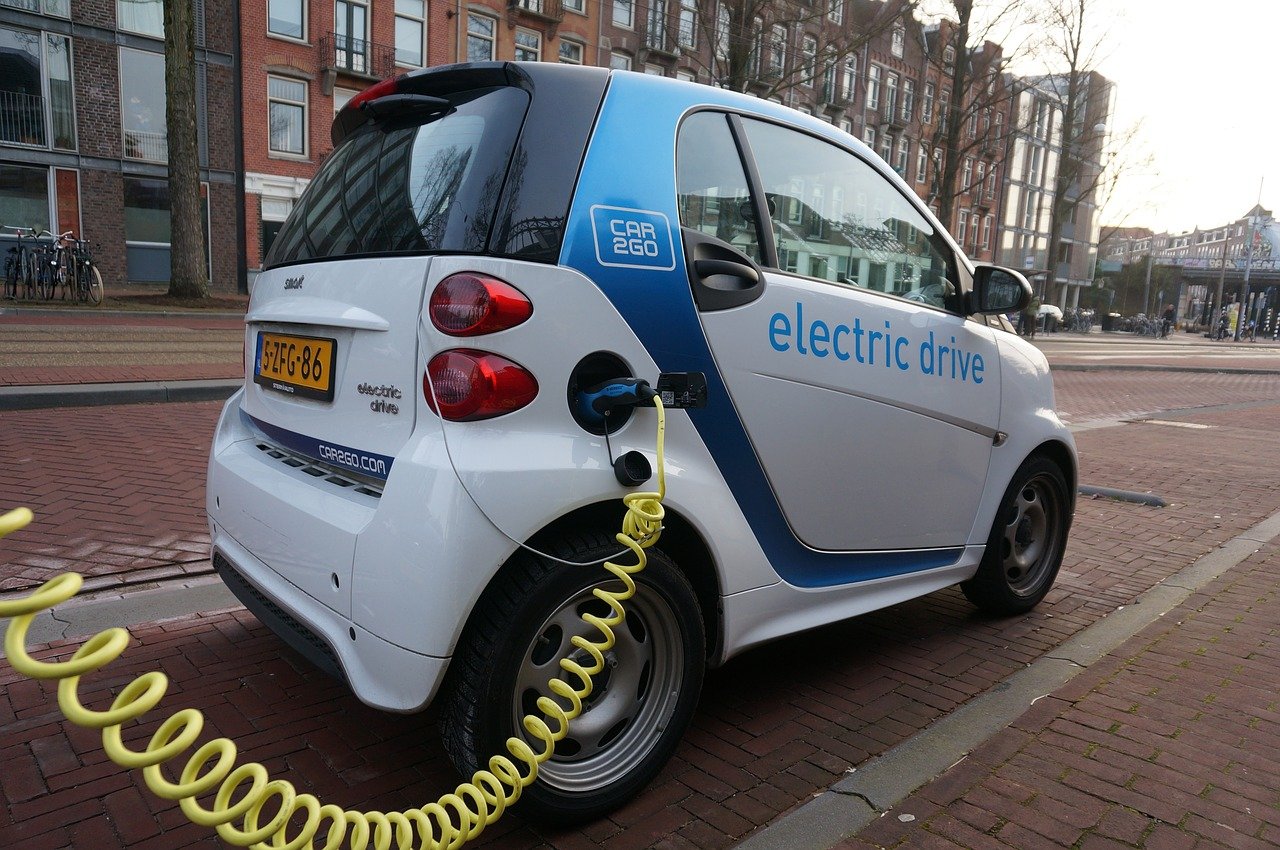
UK Prime Minister Boris Johnson announced that new cars powered entirely by petrol and diesel will be banned from sale in the country by 2030.
The decision of Johnson to ban petrol and diesel cars in the UK by 2030 is part of his "green industrial revolution" to address climate change and create jobs in industries such as nuclear energy. He confirmed that some hybrid vehicles will still be allowed.
10-point green industrial revolution plan
The prime minister's 10-point plan to achieve a "green industrial revolution" comprises of the following:
- offshore wind
- hydrogen power
- nuclear energy
- electric vehicles
- public transport, cycling and walking
- jet zero and greener maritime
- homes and public buildings
- carbon capture
- nature
- innovation and finance
Johnson aims to produce sufficient offshore wind to power every home in the UK by quadrupling the current production to 40 gigawatts by 2030, creating up to 60,000 jobs in the process.
The plan also involves making cycling and walking more attractive modes of transportation as well as making investments in zero-emission public transport for the future.
The PM also wants to develop world-leading technology to capture and store harmful carbon emissions from the atmosphere and to remove 10 million tons of carbon dioxide by 2030.
Since the plan also calls for promoting nuclear power as a clean energy source and creating 10,000 jobs in the process, it includes a provision for a large nuclear plant, with Sizewell in Suffolk being the possible site for the facility.
Insufficient funding for the plan
Some critics argue that the £4 billion allocated to implement the 10-point plan will be insufficient to achieve its objectives. The total financing for the initiative is a only a 25th of the projected £100 billion funding of high-speed rail HS2.
However, Business Secretary Alok Sharma pointed out that the £4 billion was just part of a broader £12 billion package of public investment that "will help to bring in three times as much in terms of private sector money".
Sharma, who is also the president of the COP26 international climate summit that the UK will host in 2021, argued that the funding would also help create 250,000 jobs in parts of the UK "where we want to see levelling up".
On the other hand, Shadow business secretary Ed Miliband argued that the funding "in this long-awaited" announcement does not "remotely meet the scale of what is needed" to address unemployment in the country and climate change. "Only a fraction of the funding announced today is new," he added.
According to Miliband, the labor department wanted £30 billion of capital investment over the next 18 months in low-carbon sectors to create 400,000 additional jobs.
Green Party MP Caroline Lucas recognized some of the measures but said that the plan "completely fails to rise to the gravity of this moment".
Talking to BBC Radio 4, she explained: "When you put it in the context of the scale of the climate and nature emergencies that we face, and indeed the scale of the job emergencies that we face, then it's nowhere near ambitious enough, it's not urgent enough, it's not bold enough."
Referring to the £4 billion allocation, Lucas argued that "the resources aren't there in order to make this a really strategic package".






